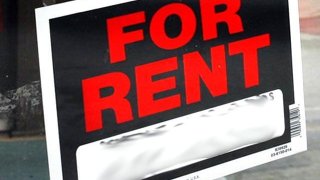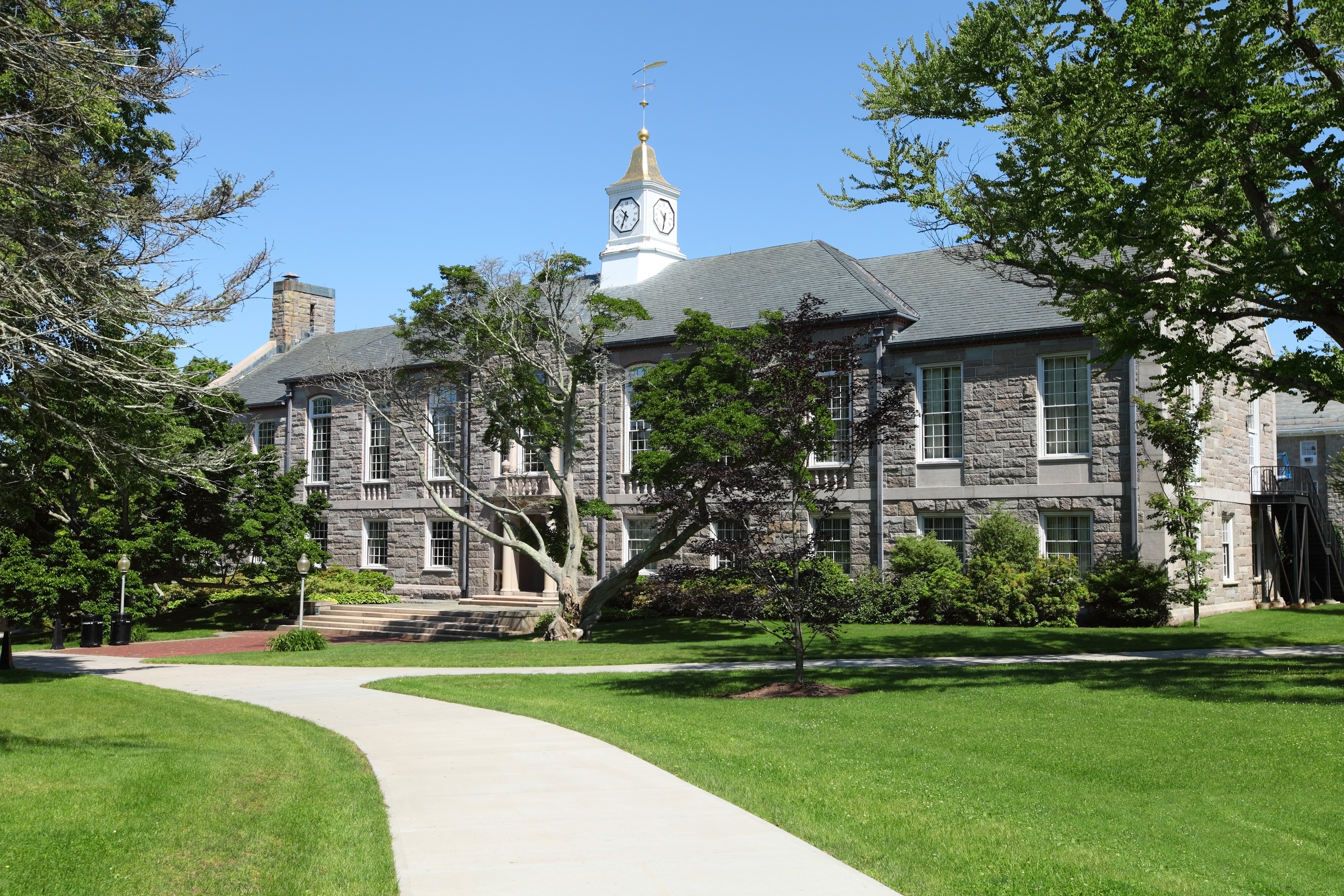
As the conversation about rent control in Boston heats up, city councilors have to contend with how aggressively they want to pursue a policy that will eventually need to win approval from state lawmakers who have historically opposed the measure.
Progressive tenant advocates criticized Mayor Michelle Wu's rent stabilization proposal as being too moderate during a public hearing on Wednesday, while the Greater Boston Real Estate Board is launching a $400,000 campaign against the measure, saying it will lead to decreased development of new units in the city.
WATCH ANYTIME FOR FREE
>Stream NBC10 Boston news for free, 24/7, wherever you are. |
Meanwhile, city councilors and the mayor's administration have to consider how much to hedge their bets if they want the rent regulation to pass through the State House.
Rent control was made illegal on a state level in 1994 when voters narrowly decided at the ballot box to prohibit limiting how much rent can grow for tenants year after year.
Get updates on what's happening in Boston to your inbox. Sign up for our >News Headlines newsletter.
Wu's rent stabilization and "just cause" tenant eviction proposal before the council would limit annual rent hikes within city limits to 6 percent plus the change in the Consumer Price Index, with a cap of 10 percent in high-inflation years. It would also exempt live-in small landlords in two- to six-unit buildings, as well as new construction for 15 years, in a bid to avoid disincentivizing new development.
In 2023, Boston is expected to be one of the most expensive cities in the country in which to rent an apartment, according to online realtor Zumper, and the median price for a one-bedroom apartment as of February was $3,040.
If the city council and Wu pass the measure on to the state, the Legislature would then have to approve the policy and send it along to Gov. Maura Healey.
Local
In-depth news coverage of the Greater Boston Area.
Though Healey, unlike her predecessor, has not spoken out against rent control, she also has not made explicit if she will sign a measure allowing Boston to revive its own local policy despite the statewide ban, saying she generally supports local efforts to make their own decisions.
Legislative leaders have shown little interest in reviving rent control after the statewide ballot question banned the practice, and several councilors in Wednesday's hearing brought up the "Jim Brooks" bill, which the city passed to prevent "no-cause" housing evictions in 2017, but died at the State House.
Cambridge Democrat Rep. Mike Connelly told MASSterList that lawmakers have filed five bills that address rent stabilization this session, including his Housing for All bill which would allow cities and towns to enact rent control while boosting affordable housing funding.
"We're having good conversations with the Boston delegation, and they're very interested in seeing the home rule that comes up, but they'll have their own hearings," said Boston housing chief Sheila Dillon. "The whole state will vote on this, so I think it's impossible at this point in time to know exactly what they will and will not approve."
Progressive councilors argued during Wednesday's public hearing against aspects of Wu's proposal that they thought were not ambitious enough to solve Boston's housing crisis.
Councilor Julia Mejia pushed back on the 15-year exemption for new construction, saying new developments should also be "accountable in the solutions around stabilizing rents."
"The time is now for us to be incredibly bold, aggressive," she said. "I am looking forward for us to have the political will that this moment is calling for, and I think the harder we can go, the more inclined we are to definitely keep our residents here in the city of Boston."
Later in the hearing as part of a panel of housing and tenants rights advocates, Rebekah Stovell of New England United for Justice said the new development exemption should be cut down to five years, and that rents should not be allowed to grow higher than the consumer price index (CPI) each year, with a 5 percent cap in high-inflation years.
Councilor Kendra Lara called the CPI plus 6 percent rent cap Wu suggested "untenable."
From 2012 to 2021 the average annual CPI growth in the city was 1.9 percent, according to Wu's office. If the mayor's proposal had been active during these years, it would have meant rent could not be raised more than 7.9 percent. In a high-inflation year like 2022, where the CPI was 7.1 percent, rent increases would be capped at 10 percent.
Boston's five-year average growth rate in rent between 2017 and 2022 was 4.6 percent per year, according to Forbes.
Lara argued that because rents in recent years have grown at a rate below the cap that Wu's proposal would have implemented over that span, the policy would give landlords a green light to pursue even larger rent hikes.
"We are not giving people a limit. We are giving them an allowance," Lara said. "All of the conversations that we're having here today have made it very obvious that we're trying to protect profit while also trying to protect people's right to have a roof over their head ... People are going to do what they can to make as much profit as possible."
But to others on the council, like President Ed Flynn, the 6 percent plus CPI cap seemed "reasonable" and "like a compromise."
Flynn asked the panel of housing advocates if they would rather have Wu's proposal win approval on Beacon Hill, which has historically opposed rent control measures, or take the chance on pursuing a more aggressive cap that might not find a favorable audience among state lawmakers.
"Do we want something that is higher that might not actually help our folks in our communities because we know it's going to pass, or do we want to push something that we know would actually be beneficial to people in our community struggling now, even if there's a chance it won't pass?" Stovell responded.
City Councilor Michael Flaherty, who worked on the dead-ended Jim Brooks bill to eliminate no-cause evictions, told councilors that before they debate the nitty gritty, they should get a sense of the appetite for rent stabilization on Beacon Hill.
"With housing initiatives, the council gets them through, mayor signs off and then they hit a brick wall heading up the, heading up the hill," he said. "I don't want to see us get all, you know, in a [tizzy] and divided and have a big free for all when, you know, if there's not a likelihood of success. We should probably try to ascertain that sooner rather than later."
State Sen. Lydia Edwards, who co-chairs the Legislature's Joint Committee on Housing, declined to comment on the proposed home rule petition. House co-chair James Arciero did not respond to request for comment.
"Out of respect for the process underway in the Boston City Council, I won't be speaking on this issue," Edwards, who served on the City Council until she joined the Senate last year, said.
The Massachusetts Fiscal Alliance argued Wednesday that lawmakers on Beacon Hill "would be foolish to even consider" the proposal.
"If the Mayor doesn’t like the direction of rents in her city, the best thing she can do is encourage more housing options as a way to add more supply. Boston City Councilors would be wise to tap the brakes on this and any rent control proposal and Beacon Hill would be foolish to even consider it," MassFiscal spokesperson Paul Craney said.



